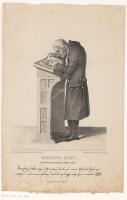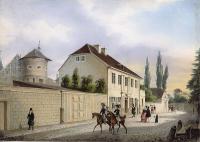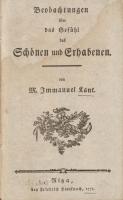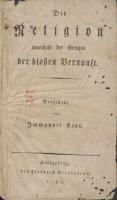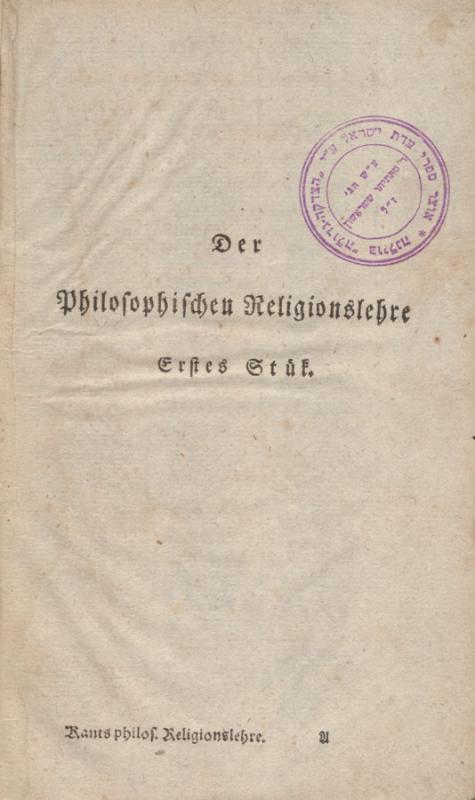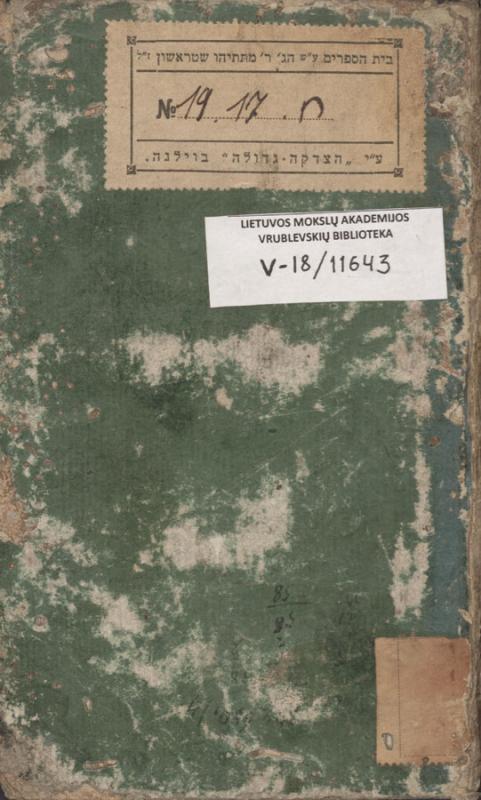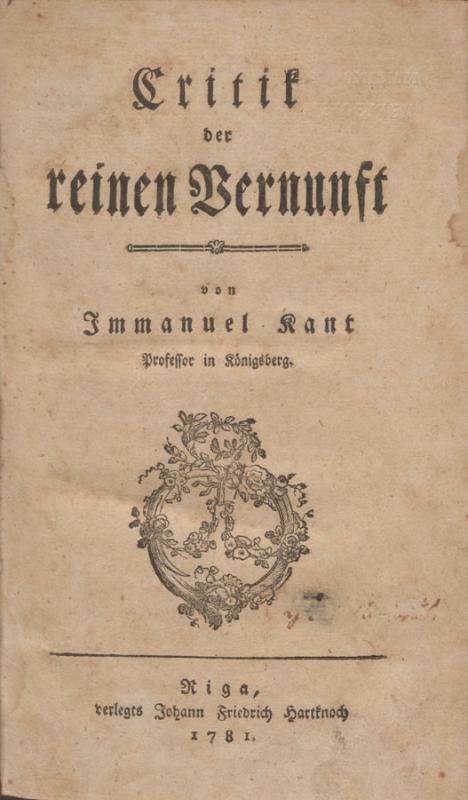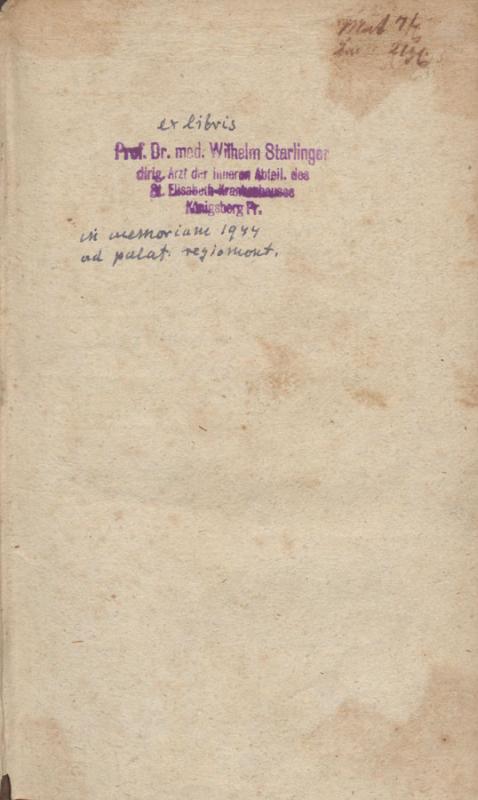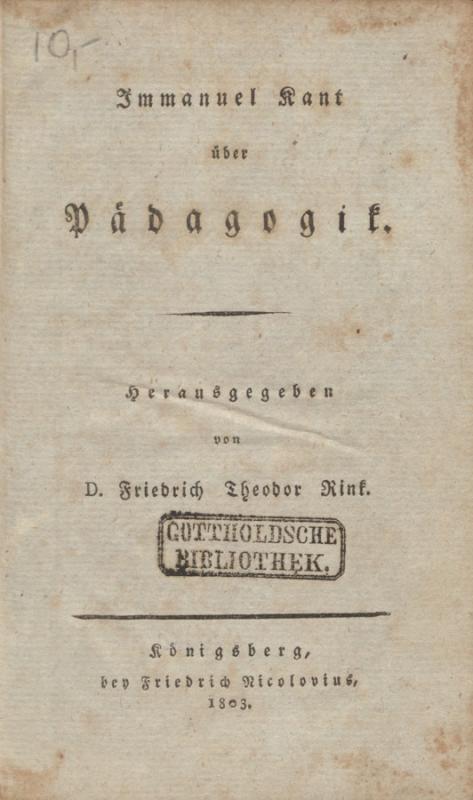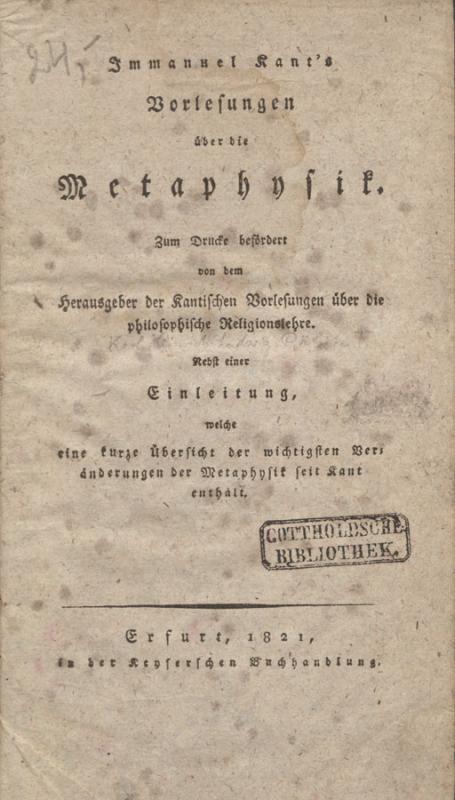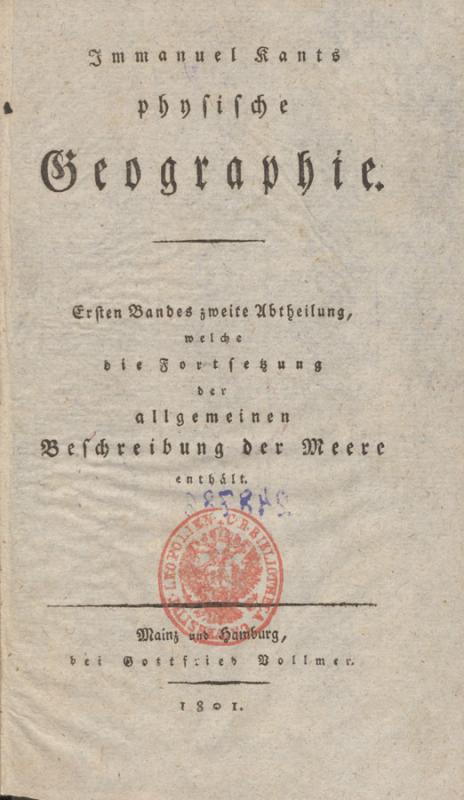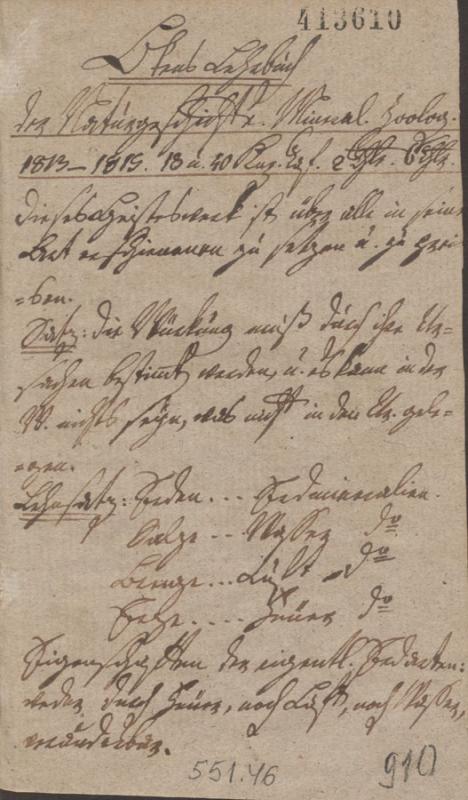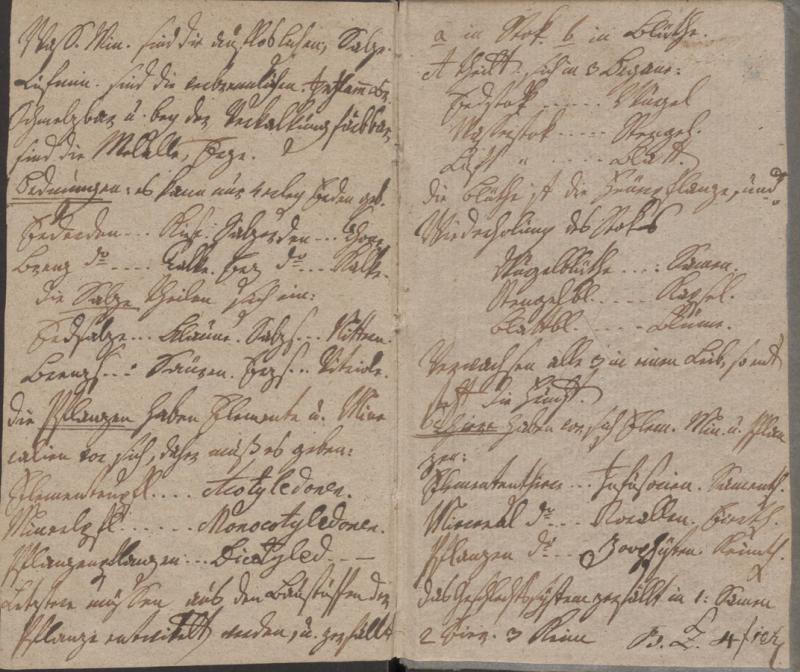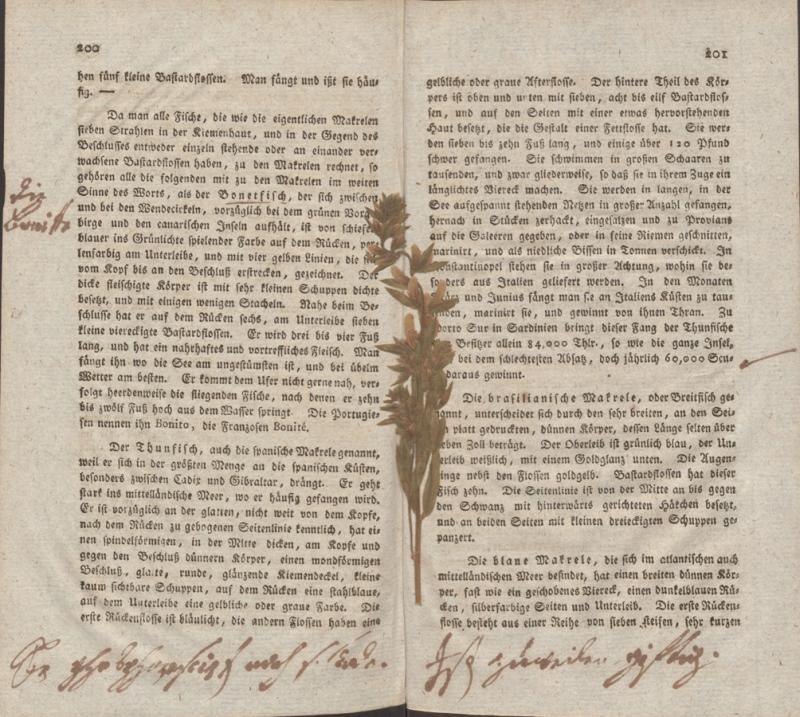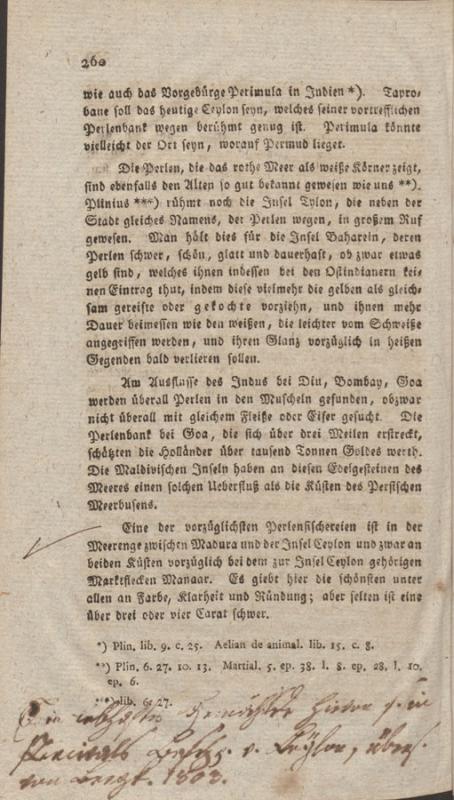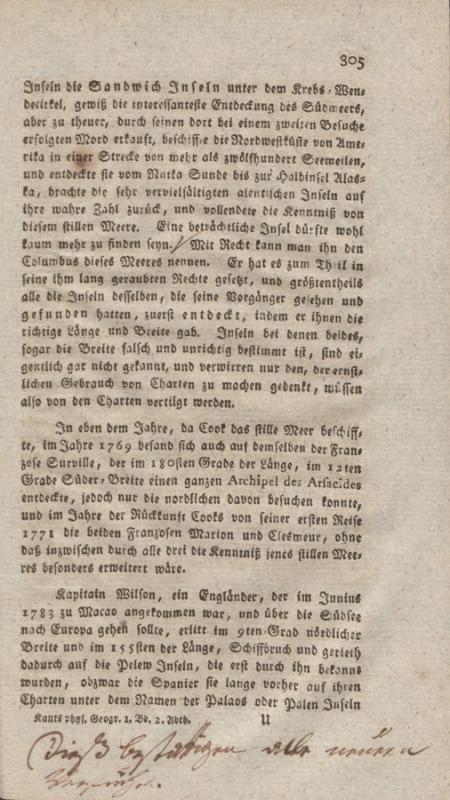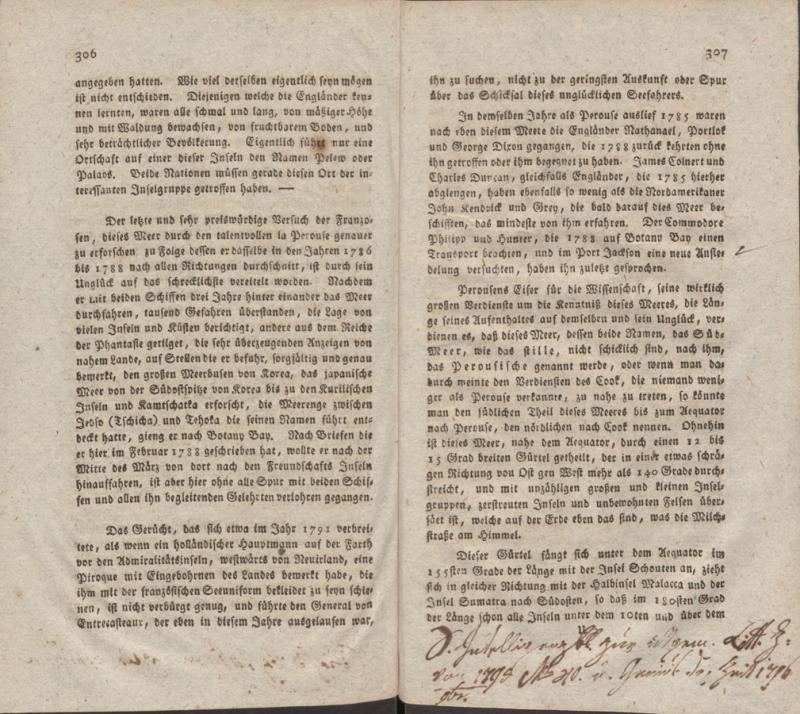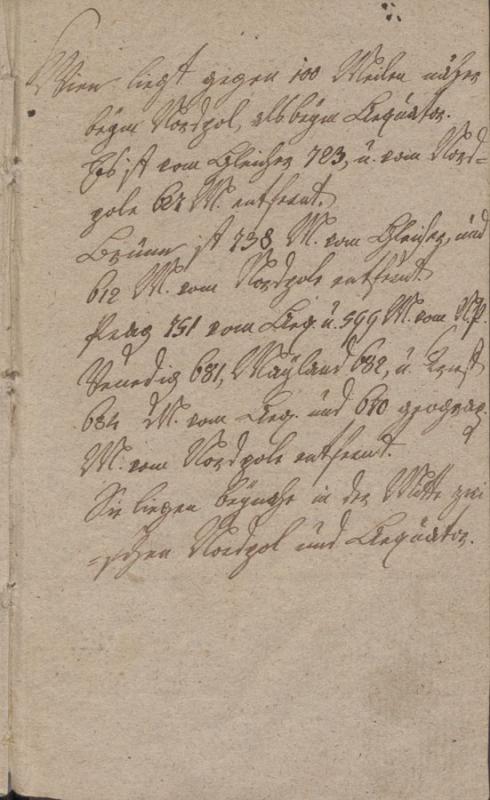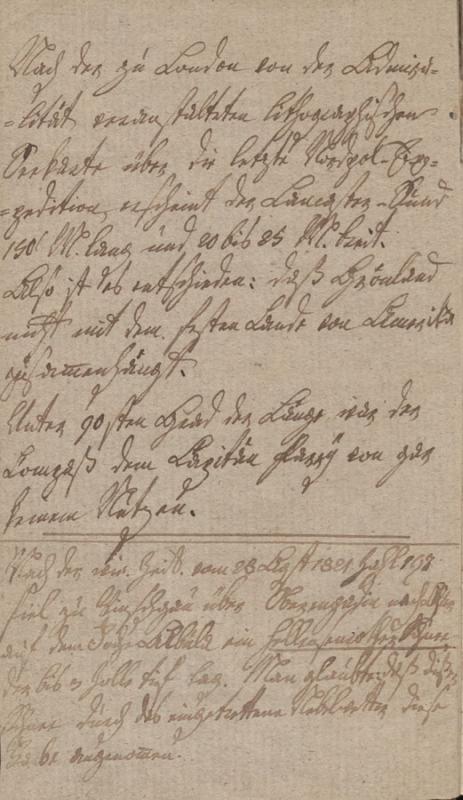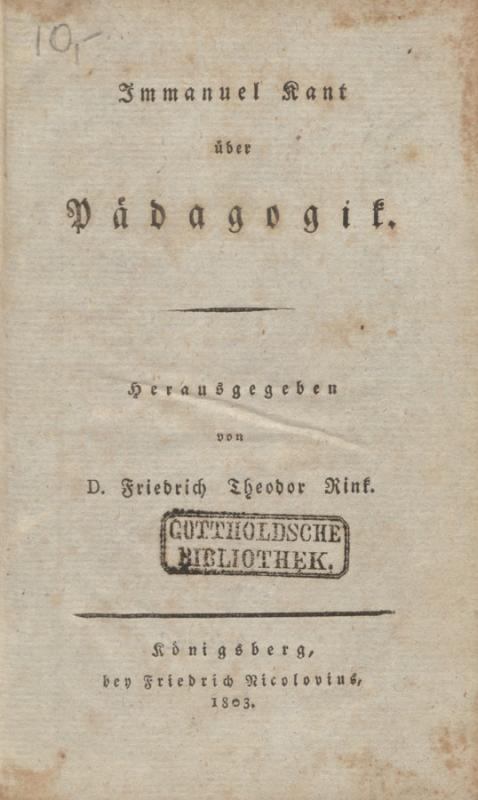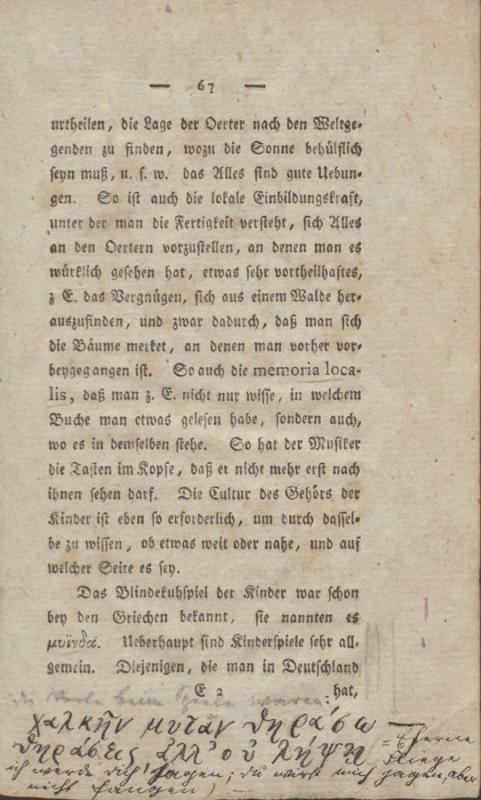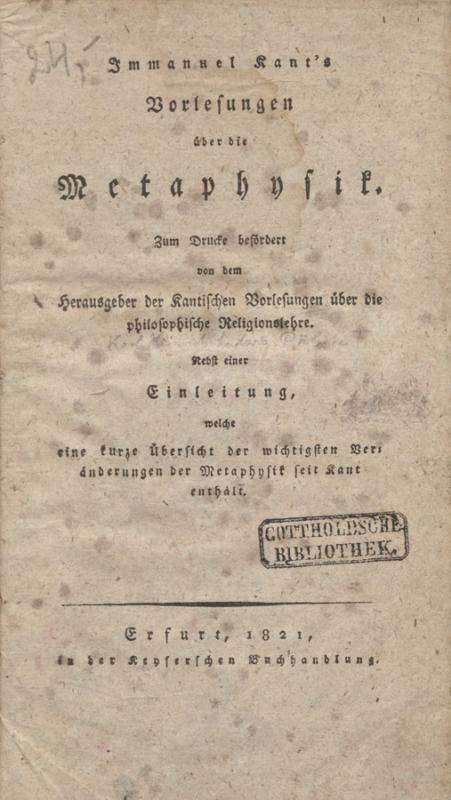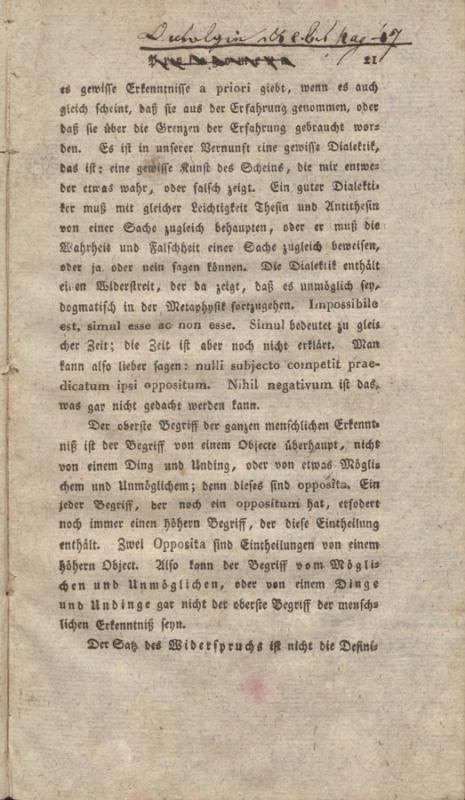The Readers of Kant's Works
LMAVB RSS V-18/11643
The copy of the first edition of Critique of Pure Reason kept in the Wroblewski Library of the Lithuanian Academy of Sciences has an ex-libris, according to which its former owner was Wilhelm Starlinger (1898–1956) – a doctor, prisoner of the Gulag and author of political books. In 1933, after studying medicine in Vienna, W. Starlinger came to Königsberg, where he worked as a doctor at St. Elisabeth's Hospital and as a professor at Königsberg University. In 1945, he was taken prisoner by the Red Army. However, the Soviet government entrusted him with the organisation and supervision of the epidemic hospitals in Königsberg. Although the devastated city was rife with diseases such as typhoid, dysentery, malaria and tuberculosis, and there were no medicines to treat them, Starlinger's efforts improved the situation somewhat. In 1947, however, he was arrested for “fascist propaganda” in hospitals. After a show trial, he was sentenced to ten years in the Gulag. Starlinger was sure that the real reason for his imprisonment was to eliminate him as a witness to the atrocities he had seen in post-war Königsberg. In 1954, after Stalin's death, he was released and returned to West Germany – where he died two years later. During this time, however, he wrote several books on the Soviet Union and its mechanisms of repression.
LMAVB RSS V-18/1-4244
Kant's philosophy was also of interest to the famous German pedagogue and music theorist Friedrich August Gotthold (1778–1858). This is evidenced by the works of Kant that he owned, among them On Pedagogy and Lectures on Metaphysics. F. A. Gotthold accumulated a large personal library of 55,000 volumes, consisting of lectures in various fields and after his death the library was taken over by the University of Königsberg.
Kant's philosophy was also of interest to the famous German pedagogue and music theorist Friedrich August Gotthold (1778–1858). This is evidenced by the works of Kant that he owned, among them On Pedagogy and Lectures on Metaphysics. F. A. Gotthold accumulated a large personal library of 55,000 volumes, consisting of lectures in various fields and after his death the library was taken over by the University of Königsberg.
The Physical Geography shown above once belonged to the library of Lviv University. The library was founded in 1608, but, in 1848, more than 50,000 books were destroyed in a fire.
The Wroblewski Library of the Lithuanian Academy of Sciences contains many of Kant’s publications (Physical Geography; On Pedagogy; Lectures on Metaphysics), which are littered with notes written in brown ink. Perhaps their author polemicised with Kant's ideas, or perhaps they simply marked the essence of the author's thoughts?

